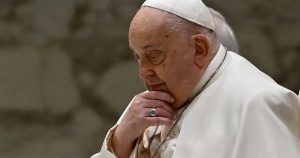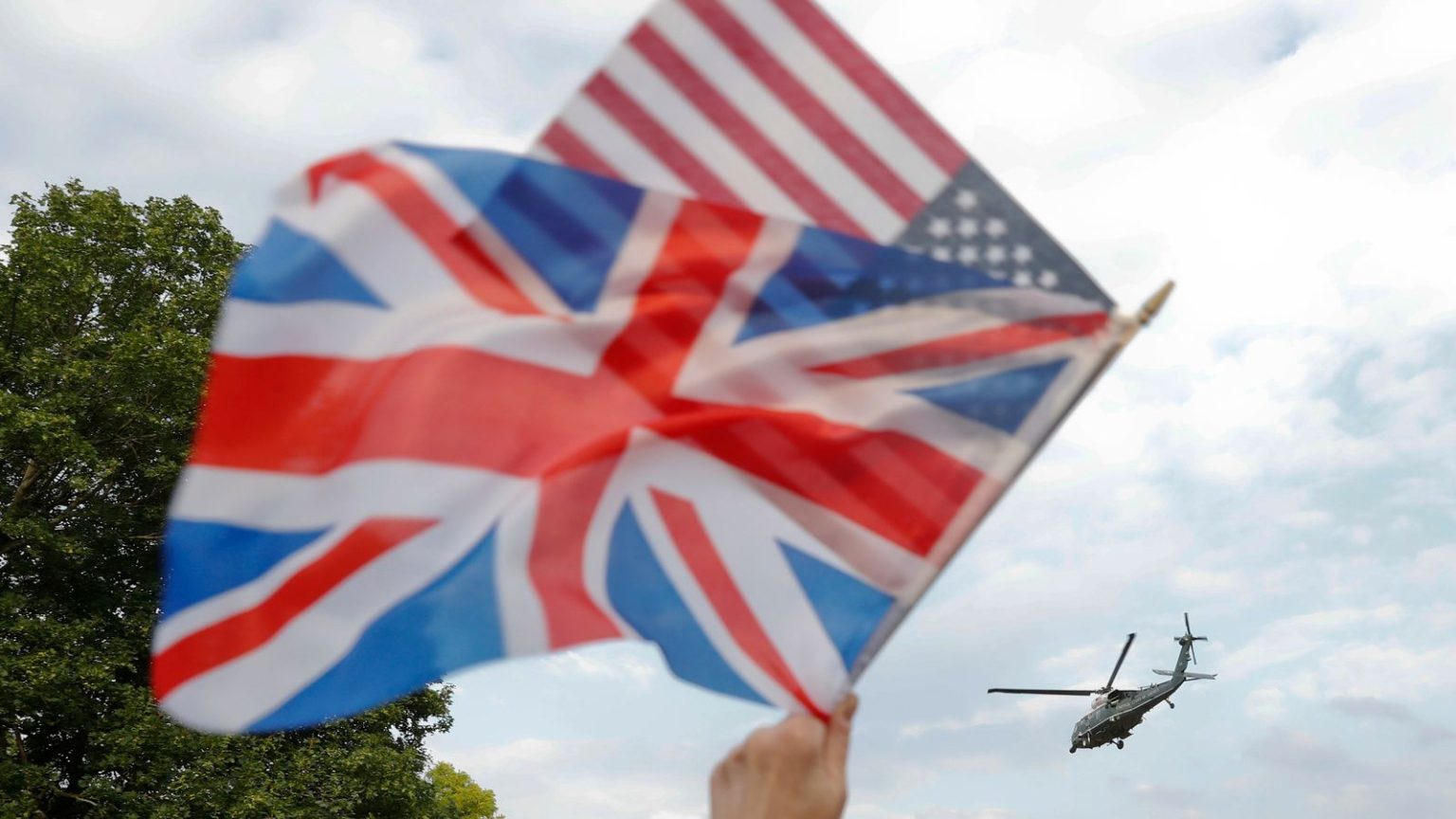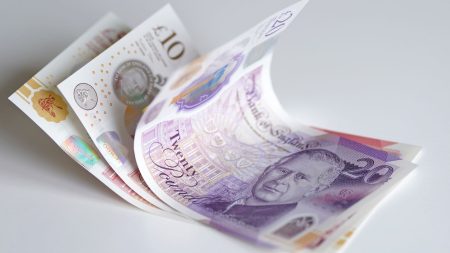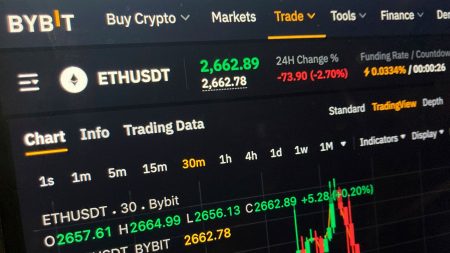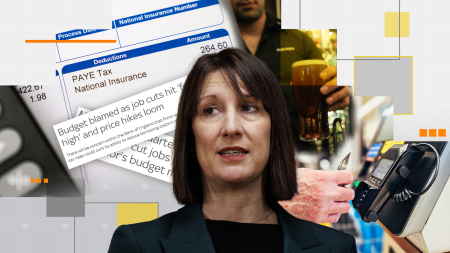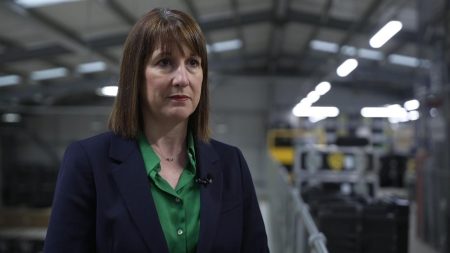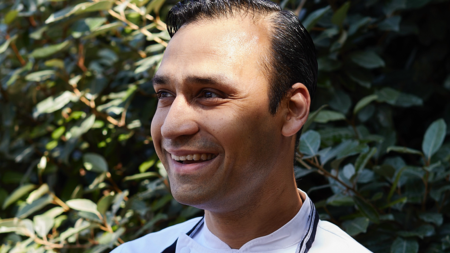The UK and US Tariff Standoff: A Brewing Trade Tension
The relationship between the UK and the United States is being tested as a new tariffs dispute begins to unfold. President Donald Trump has announced a significant shift in his trade strategy, one that could potentially hit the UK harder than many other nations. The US president has instructed his administration to explore new tariff calculations that include the Value Added Tax (VAT) applied to US goods in other countries. This move is part of Trump’s broader effort to reshore production back to the US and charge other nations for access to the American market. The UK, while adopting a cautious approach, is bracing for the potential impact of these changes.
The UK’s Cautious Response
The UK government has opted not to overreact to Trump’s tariff announcement, adopting a "wait and see" approach. Chancellor of the Duchy of Lancaster, Pat McFadden, emphasized that the UK would not "breathlessly chase every headline" emerging from the White House. Speaking to Sky News, McFadden indicated that the government would stand firm in defending the national interest while striving to maintain a strong trading relationship with the US and other global partners. This measured response reflects the UK’s recognition of the unpredictable nature of Trump’s policy announcements, many of which have been reversed or modified shortly after being made public.
The Potential Economic Impact
The implications of Trump’s tariff strategy could be significant for the UK. Paul Ashworth, Chief North America Economist at Capital Economics, estimates that the UK would be among the hardest-hit countries if the US imposes minimum World Trade Organization (WTO) tariffs across the board, adjusted for each nation’s VAT rate. According to Ashworth, the UK could face a 24% tariff, ranking it as the fourth most affected country, behind India (29%), Brazil (28%), and the European Union (25%). Such tariffs would increase costs for US consumers, potentially discouraging their implementation, but the immediate risk to UK exporters remains real.
Beyond Tariffs: Broader Trade Tensions
The Trump administration’s trade strategy extends beyond tariffs, with a focus on subsidies, regulatory burdens, and restrictions on goods such as animal and plant products. One area of concern for the UK is its food safety standards, which have long prohibited the importation of US chlorine-washed chicken. This issue has been a point of contention in previous trade negotiations and could resurface as the US seeks to level the playing field. The UK’s Science Secretary, Peter Kyle, has assured that the government will assess any changes in the global economy and act in Britain’s best interests.
Political Maneuvering and Diplomacy
Meanwhile, political leaders on both sides of the Atlantic are engaging in diplomatic efforts to navigate the situation. Sir Keir Starmer, leader of the UK’s opposition, held a phone call with President Trump, during which they discussed the potential for stronger collaboration on trade, technology, and cultural matters. Kemi Badenoch, leader of the Conservative Party, has urged Sir Keir to reopen trade negotiations with the US to secure an agreement that would avoid tariffs. These diplomatic overtures highlight the importance of maintaining a positive trade relationship between the two nations.
The Risk of a Global Trade War
The unfolding tariffs dispute between the UK and the US is not occurring in isolation. It is part of a larger pattern of rising protectionism and trade tensions worldwide. Trump’s announcement has raised concerns about the potential for a global trade war, with other nations likely to retaliate if the US imposes punitive tariffs. The UK, already navigating the complexities of its post-Brexit trade relationships, finds itself at the center of this storm. As the situation evolves, the UK must carefully balance its commitment to free trade with the need to protect its national interests. The world will be watching closely as these two major economies navigate the challenges ahead.
